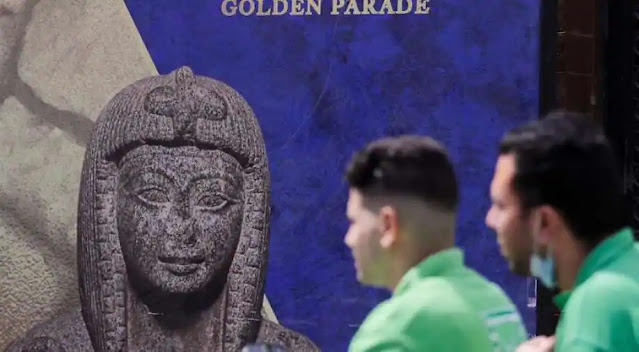Monday, April 26, 2021
Sunday, April 25, 2021
The Lost Kingdom of Tibet - Garuda

Tsaparang was said to be found in Guge Kingdom and it was also its Ancient Capital.
A place called Garuda Valley lies in the Western Tibet’s Ngari province used to have this remarkable lost kingdom which ranged and expanded from the upper area of Sutlej River to the modern Ladakh border.
Tholing Monastery is away from the former situated location at about 26 kilometers in the west direction.
It is found to exist in near immediacy of the Mount Kailash and the religious lake of Man Sarovar.
It lies 278 kilometers away from Ali as well. The most attractive and attention Grabbing Property of Tsaparang is the fort which is enormous in size and built on a Pyramidal Rock which is about 500 to 600 feet high.
If you observe this Rock closely, you can detect the presence of Labyrinthine Caves and Tunnels dug onto it.
It is speculated that in ancient times, there were 2 Public Temples the Lhakhang Karpo (White Chapel) and the Lhakhang Marpo (Red Chapel) accessed by the commoners inhabiting a village near its base.
There are a set of Serpentine Tunnel Staircases leading to the Monks’ Quarters and the Royal Quarters with increasing height with the Summer Palace poised at the Top.
Thursday, April 8, 2021
Egypt Mummies Cairo Parade
What sounds like the plot of a movie was part of a lavish celebration of Egypt's history and a project to relocate some of its greatest treasures to a new high tech facility.
The parade route took place between the Egyptian Museum, their old location near Tahrir Square, to their new home, the National Museum of Egyptian Civilization (NMEC) in Egypt's first Islamic capital, al-Fustat.
"This majestic scene is new evidence of the greatness of [the Egyptian] people, the guardian of this unique civilisation that roots back into the depth of history," Egyptian President Abdel-Fattah El-Sisi.
"I invite all Egyptians and the whole world to follow this unrivaled event -- evoking the spirit of the great ancestors who preserved the homeland and created a civilization in which all humanity takes pride -- to keep on our path that we have started: the path of construction and humanity."
Along with the 22 royal Egyptian mummies, 17 royal sarcophagi were also transported in the procession, which moved along the Nile River and was accompanied by chariots and horses, according to Egypt-run Ahram Online.
Sarcophagi are stone coffins often adorned with sculptures and inscriptions.
Among the mummies are those of kings Ramses II, Seti I, Seqenenre, and Tuthmosis III, in addition to four queens: Ahmose-Nefertari, Tiye, Meritamun and Hatshepsut.
The parade was saluted by 21-gun salutes and joined by a military band. The mummies were transported on special decorated vehicles with their names inscribed in ancient Egyptian hieroglyphs as well as in Arabic.
Preparing the mummies
The aim of the parade was to move the 18 kings and four queens of Egypt, along with their coffins and belongings, from their old home at The Egyptian Museum.
Labels:
Amazing,
Awesome,
Cairo Parade,
Egypt Mummies,
Historical,
Travel,
Weired,
Wonderful
Location:
Gurugram, Haryana, India
Subscribe to:
Comments (Atom)





































